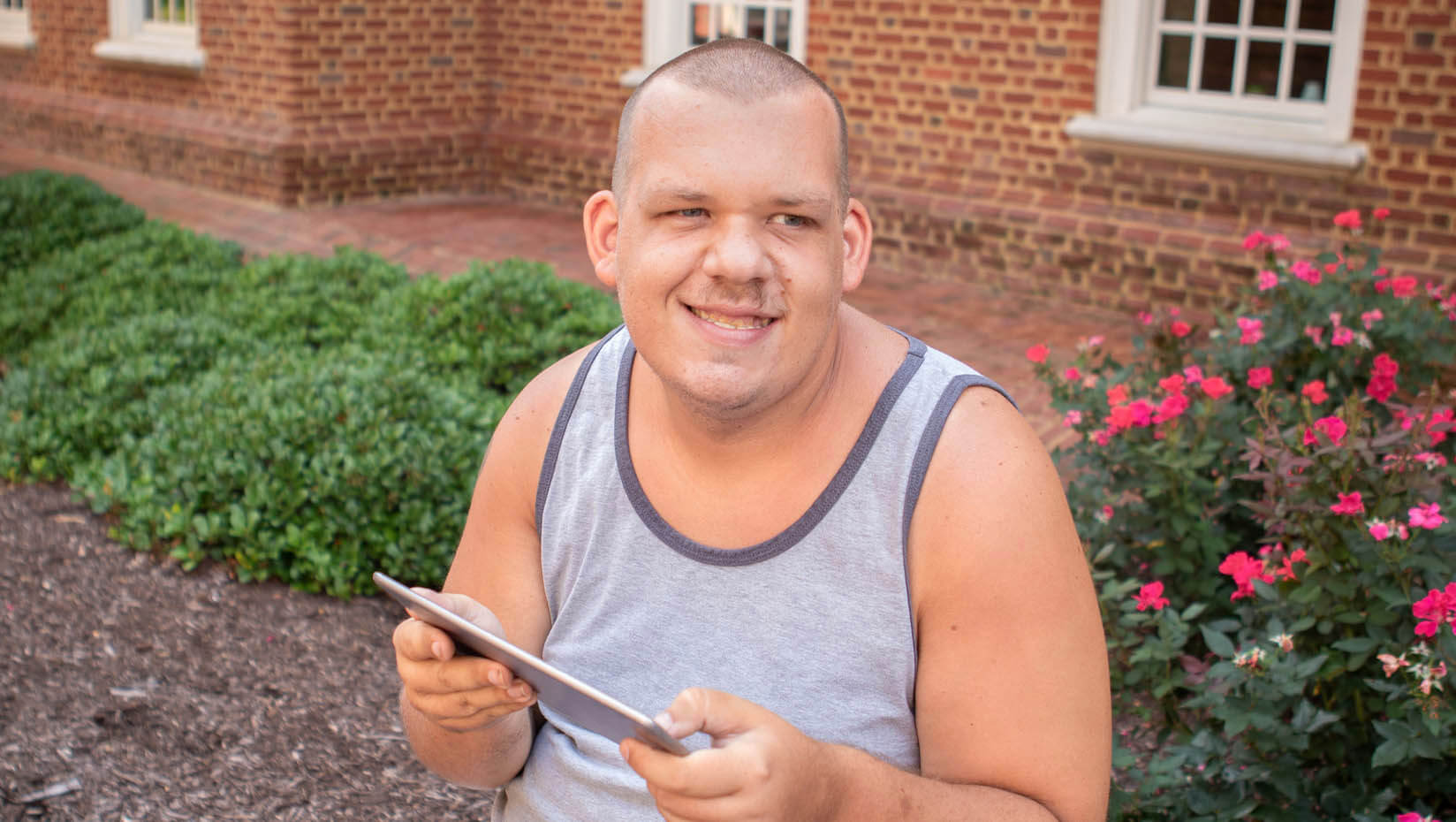
UMaine CCIDS receives nearly $500K Maine DHHS grant to help adults with disabilities
With a $499,970 grant from the Maine Department of Health and Human Services Office of Aging and Disability Services, the University of Maine Center for Community Inclusion and Disability Studies (CCIDS), will conduct a model demonstration project of intensive evidence-based behavioral intervention to help adults with disabilities who are currently subject to restrictive behavior management plans.
CCIDS, Maine’s University Center for Excellence in Developmental Disabilities, will contract with behavioral clinicians (doctoral-level board-certified behavior analysts) to assess challenging behavior in a few volunteers who receive services and support whose rights are currently restricted. The goal is to understand what is causing and maintaining the challenging behavior, and to design changes in environment and practice so that these volunteers can get the support they need in a way that opens up more access to the community and less restriction of rights, says project leader Alan Cobo-Lewis, CCIDS director and associate professor of psychology at UMaine.
The project will prioritize people in underserved areas of the state: Aroostook, Franklin, Hancock, Penobscot, Piscataquis and Washington counties.
“I am thrilled that we’re able to combine a scientific approach to understanding behavior with a deep commitment to the human rights of people with disabilities,” Cobo-Lewis says. “We really want to help improve the function and community inclusion of people with disabilities who need additional support — and to help the direct support professionals to be more effective in the support they provide.”
Participating behavior analyst Le’Ann Milinder, owner of Adventure ABA in Stockton Springs, says the grant is an important opportunity for Mainers with complex behavioral needs. “I’m grateful to OADS and the University of Maine for bringing applied behavior analysis to more people in underserved areas, who deserve access to evidence-based treatment that empowers them to lead the lives they want,” Milinder says.
Participating behavior analyst Kimberly Mills, who owns SR Behavioral Health in Hernando, Florida, and who was formerly the UCEDD director in the U.S. Virgin Islands, notes that applied behavior analysis is a powerful science that has helped change the lives of individuals with disabilities and families of people with disabilities throughout the World.
“This is amazing news,” says Mills. “I’m thrilled to be able to work to further this science in new and innovative ways.”
The project will also offer enhanced behavioral training to a pilot group of direct support professionals in Maine, toward their registered behavior technician (RBT) training. Sarah Howorth, assistant professor of special education in the UMaine College of Education and Human Development and a board certified behavior analyst, will consult with contractors and serve as a resource for RBT trainees. Howorth will also consult with Cobo-Lewis on proposing evaluation measures for independent evaluators to consider.
“I am deeply committed to the advancement of our behavioral services and I’m excited to see what we can achieve,” says Howorth, who is also director of Maine Access to Inclusive Education Resources. “Adults in these services deserve better.”
Project leadership will also make recommendations on how to implement a similar service in Maine’s Home and Community Based Services waivers in a way that would be both effective and cost-effective.
The project will be evaluated by the National Disability Institute (NDI).
“I’m so excited at having an independent evaluation,” says Cobo-Lewis. “This is the right way to combine science with human rights. This initiative is also a great example of the difference Maine’s R1 university can make in people’s lives.”
Contact: Sandra Horne, sandra.horne@maine.edu
